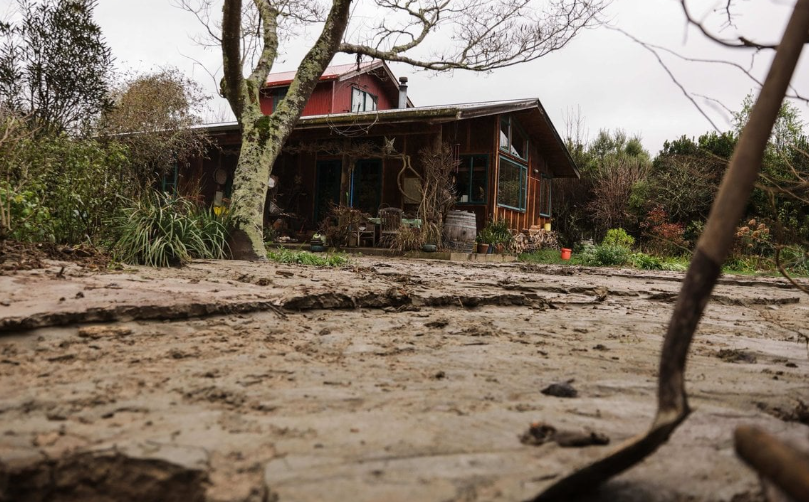
Luxon told Morning Report today that Cabinet wouldn't be considering a package of assistance for the Tasman district today because it was too early in the flood response.
The Nelson Tasman region is under a state of emergency.
The region has been battered by heavy rain, forcing people from their homes, closing roads and leaving some cut off.
"At this stage we have to focus on the response and then we'll make the assessment on what's needed from a recovery point of view," Luxon said.

However, in response to a recent report recommending that homeowners whose houses are flooded or damaged by weather events should not expect buy-outs in the future, Luxon said there would have to be changes.
The report recommended individuals should be responsible for knowing the risks and making their own decisions about whether to move away from high-risk areas.
A climate policy expert called the suggestion "morally bankrupt".
"In principle the Government won't be able to keep bailing out people in this way," Luxon said today.
Climate Change Minister Simon Watts had been working hard to get a bipartisan view on how to deal in the long term with these weather events, he said.
"This is a long-term issue. We need a proper framework in place to work out whether it's landowners, councils, whether it's central government, banks, insurers that actually have to create a framework for dealing with these weather events an how we handle them going forward."
The Government would think through the report, and many other countries were dealing with the same challenges, he said.
"We need to find a way to manage these events going forward and who takes responsibility and is there a shared responsibility."














